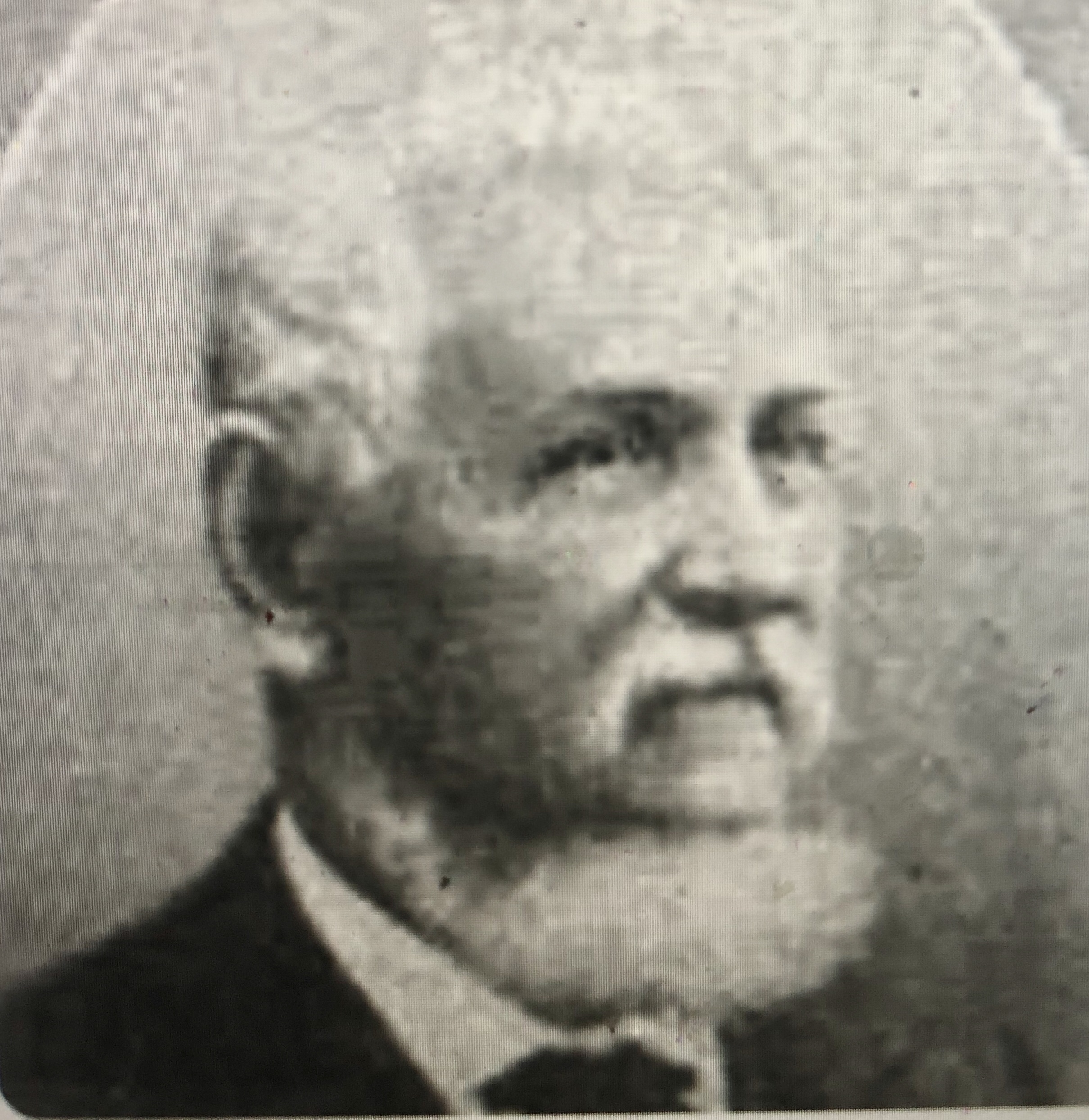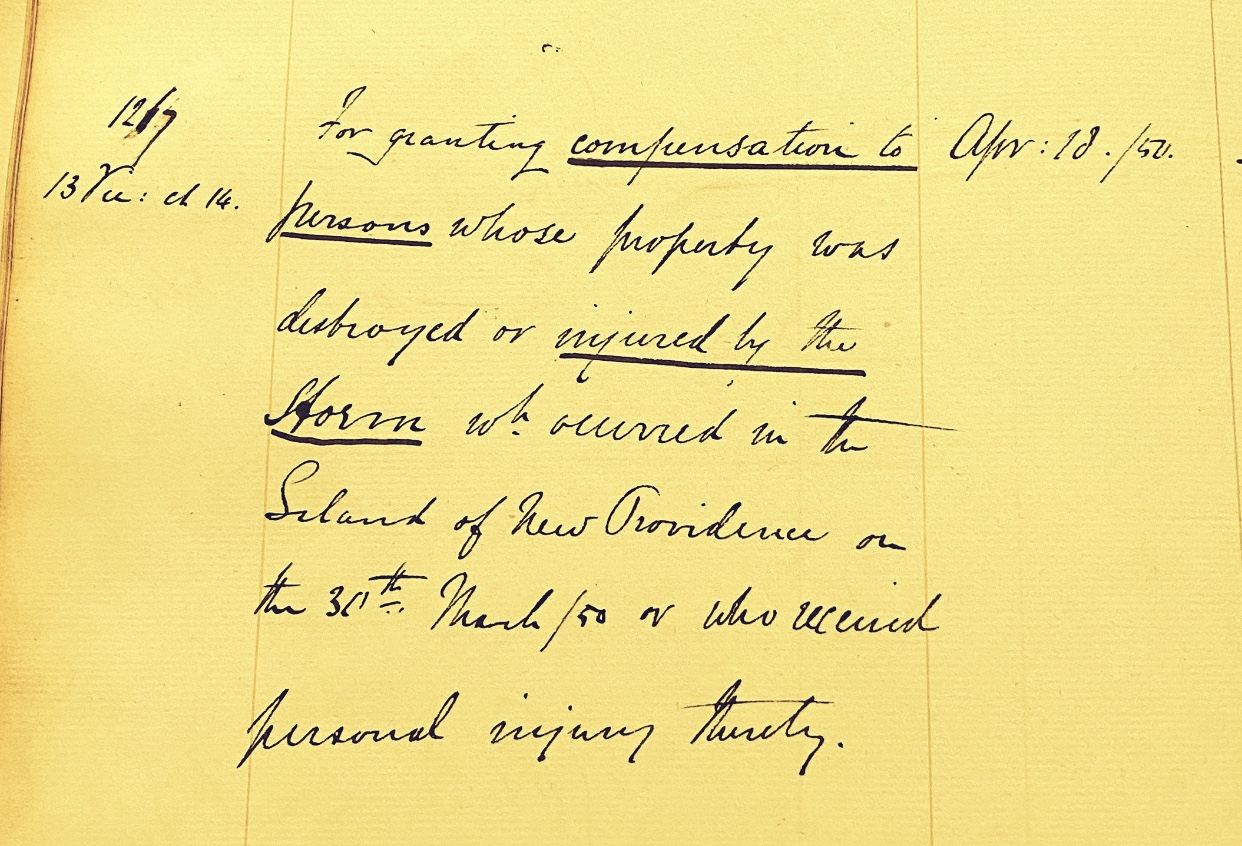
Politics, in the Bahamas, changed after January 1967. Attitudes changed as well. Orchestrations that the United Bahamian Party (UBP), white-minority government, and its comprising personalities were able to liberally conduct, without even the slightest overt attention cast by the negro masses, u-turned dramatically, when a negro majority gained political power. Suddenly, every local and international newspaper, had its lens and pen, focused on the machinations of the first negro-led government of the Bahamas. This sharp focus also extended to what entrepreneurial blacks were getting up to, regarding opening new businesses in the islands.
Very early on, in those first several months, after the January 1967 general election, bitter infighting began.
Micro civil wars of words were being waged, not just within the new PLP Progressive Liberal Party government, but also within the black business community at large. Jealousies seemingly arose, as unknown black-owned businesses began to emerge, taking economic advantage of the new racial freedom spreading across the country. Angry exchange of words were had over potential contracts and business licenses, under consideration, by the new PLP government.
Some contend that this was the beginning of so called ‘Black Crab Politics’ in the Bahamas.
1967 – Black Sprinter and Business Newcomer Tommy Robinson Gets Savaged In The Press While White Foreign Millionaires Praised For Entrepreneurship
While newspapers were reporting that Freeport based multi-millionaire Wallace Groves, escaped any real sanctions in relation to his involvement in bringing the Mafia into the Bahamas gambling casinos and totally escaped any investigation into his role in bringing US Steel Cement or Syntex Pharmaceuticals to Freeport, blacks were being questioned by other blacks, over potential business interests.
Wallace Groves had all of Freeport. Mary Carter Paint Company had Paradise Island.



E. P. Taylor had Lyford Cay and other major land investments.

Juan Terry Trippe had 3,000 acres in Eleuthera called Cotton Bay which catered exclusively to 100 millionaires

J. Louis Reynolds of Reynolds Aluminium Foil empire had 2,000 acres in Andros

(Palladium Item, Tuesday 07 March 1967)
1967 – Few Business Opportunities For Blacks In The Bahamas. When Opportunity Knocked However, Not Everyone Was Pleased For His Black Brother
By November 1967, negro lawyer, Paul L. Adderley who published the Bahamas Observer newspaper, made a shocking political attack against Bahamian Olympic sprinter, Tommy Augustus Robinson’s intention to open a pharmacy (drug store) business on Paradise Island.
Adderley, who represented a Nassau pharmaceutical company, said Robinson knew nothing about business. Robinson, it was said, would only be fronting for an American company.

Bahamian Olympic Sprinter Thomas A. Robinson




1967 – LESS THAN A YEAR IN POWER SOME WERE ALREADY PREDICTING PREMIERE LYNDEN PINDLING WOULDN’T LAST THE FIRST YEAR









